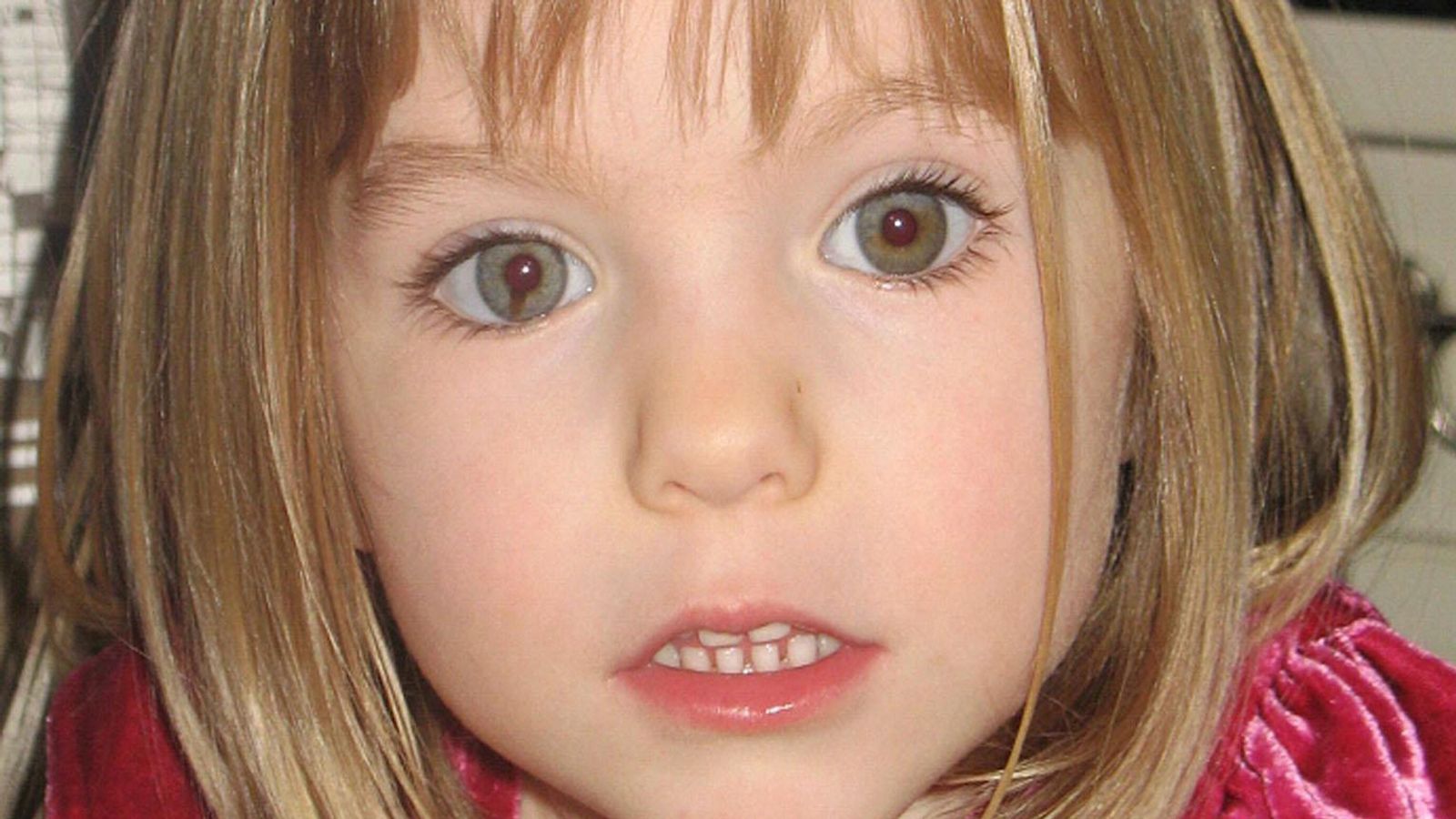Do you have trouble recognising faces, or do you never forget a face? The better you are at facial recognition, the more supportive relationships you are likely to have, regardless of your personality type.
In a world-first study published last weekend in the journal Cognition, a team of international researchers has reported some surprising findings relating to facial recognition.
The first discovery is that one’s ability to recognise faces has nothing to do with how extraverted, sociable, or gregarious a person is. What is clear, however, is that good facial recall is linked to the number of close, high-quality relationships that people have.
Researchers from the University of South Australia (UniSA), University of Western Australia (UWA) and Curtin University, along with US colleagues from Wellesley College and Harvard Medical School, undertook four separate studies involving more than 3000 people to tease out the relationship between facial recognition, social networks and personality traits.
In tests where participants memorised new faces or identified celebrity faces, their scores correlated with the number of close relationships they enjoyed.
“People who identified more faces typically had larger supportive social networks, which bodes well for their overall health and happiness,” says lead researcher UniSA psychologist Dr Laura Engfors.
“In concrete terms, the rise from the lowest (two) to the highest (28) number of faces that were successfully recognised on one test coincided with six additional close relationships, increasing from nine to 15. That’s an increase of two thirds and it is one extra strong social bond per four famous people recognised.”
The research did not find any link between facial recognition and a more social personality.
“Our findings rule out the idea that being sociable means you’ll probably be great at recognising faces. It also helps to dispel the common misconception that not recognising someone means you are less sociable.
“The ability to recognise faces more easily also means people may develop relationships faster.
“Imagine you’ve had an engaging conversation with someone you have only just met. A few weeks later you run into them again. If you recognise them quickly and easily, it opens the door to develop the rapport you established in your first meeting, helping the relationship to progress.
“On the flip side, if you don’t recognise them, you’ve missed the chance to build on that initial interaction,” Dr Engfors says.
Curtin University researcher and co-author Dr Linda Jeffery says being recognised by someone is a boost to a person’s self-esteem.
“It can make us feel important and valued, leading us to relate to that person more warmly, whereas we feel snubbed if someone we have met before does not recognise us.”
Wellesley College psychologist and co-author Associate Professor Jeremy Wilmer hopes the findings will be used to build stronger communities that facilitate human connection.
“Understanding that not everyone finds it easy to recognise people can help us to support those around us in social interactions,” Prof Wilmer says.
“Something as simple as name tags at a community barbecue or school event can make the difference between a connection built and a connection lost. Similarly, if you catch a flicker of uncertainty on someone’s face when you say hello, a subtle reminder to help them place you will be appreciated.”
People can test their own celebrity face recognition at the researchers’ citizen science website TestMyBrain.org.










/https://tf-cmsv2-smithsonianmag-media.s3.amazonaws.com/filer_public/34/31/3431771d-41e2-4f97-aed2-c5f1df5295da/gettyimages-1441066266_web.jpg)






Discussion about this post